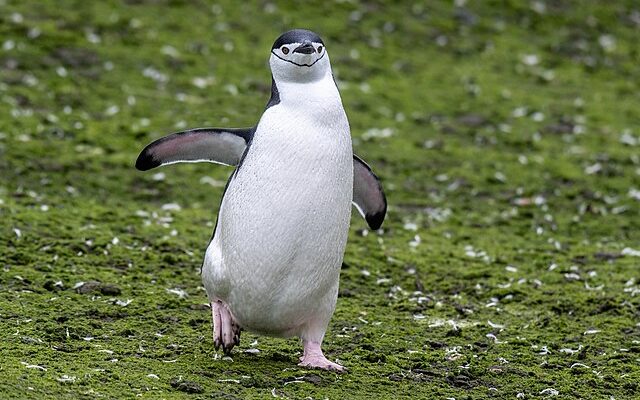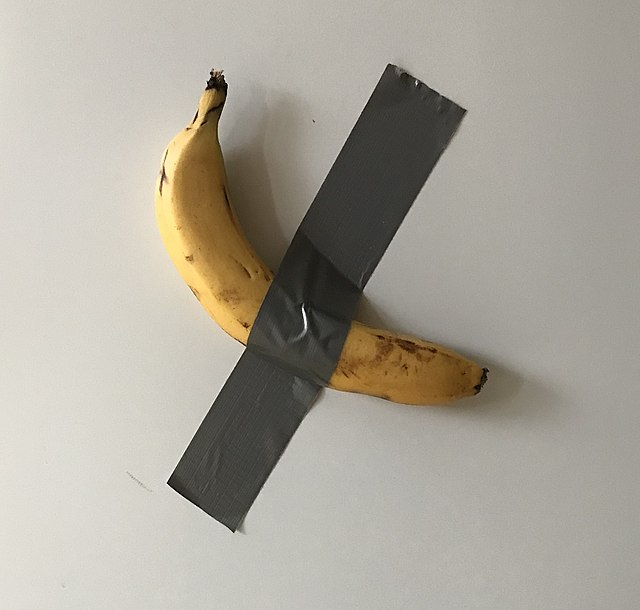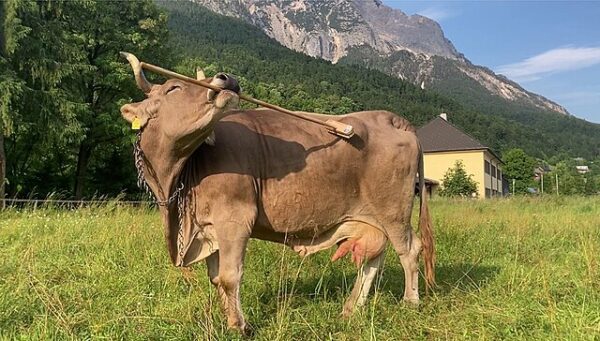
Anyone who’s ever had a newborn knows that sleepless nights are just part of being a parent. On average, those with infants will lose about two hours of sleep per night until the baby is five months old.
For many going through that new baby period, just a few minutes of shuteye can be all the difference between feeling refreshed or walking around like a zombie, but for chinstrap penguins with new babies, that would seem like a good night’s sleep.
The Associated Press recently wrote about these tired new parents.
Chinstrap penguins in Antarctica need to guard their eggs and chicks around-the-clock in crowded, noisy colonies. So they nod off thousands of times each day — but only for about four seconds at a time — to stay vigilant, the researchers reported Thursday in the journal Science.
These short “microsleeps,” totaling around 11 hours per day, appear to be enough to keep the parents going for weeks.
“These penguins look like drowsy drivers, blinking their eyes open and shut, and they do it 24/7 for several weeks at a time,” said Niels Rattenborg, a sleep researcher at the Max Planck Institute for Biological Intelligence in Germany and co-author of the new study.
“What’s surprising is that they’re able to function OK and successfully raise their young,” he said.
Chinstrap penguins are charismatic, black-and-white seabirds inhabiting the Antarctic region. Named for the distinctive black band under their chin, these medium-sized penguins are known for their bold and sleek appearance. With a population estimated in the millions, they form large colonies during the breeding season on rocky Antarctic and sub-Antarctic islands.
Chinstrap penguins are proficient swimmers and agile on land, using their strong flippers for both swimming and climbing. Their diet primarily consists of krill, fish, and squid, which they catch during foraging trips in the frigid Southern Ocean.
The AP explained why they have to be so hypervigilant. “While the adults don’t face many natural predators in the breeding season, large birds called brown skuas prey on eggs and small fuzzy gray chicks. Other adults may also try to steal pebbles from nests. So the devoted parents must be always on guard.”
We’ll all do anything for our kids, won’t we?
[Read More: Masterpiece Being Shown Outside Of Home For First Time Ever]









